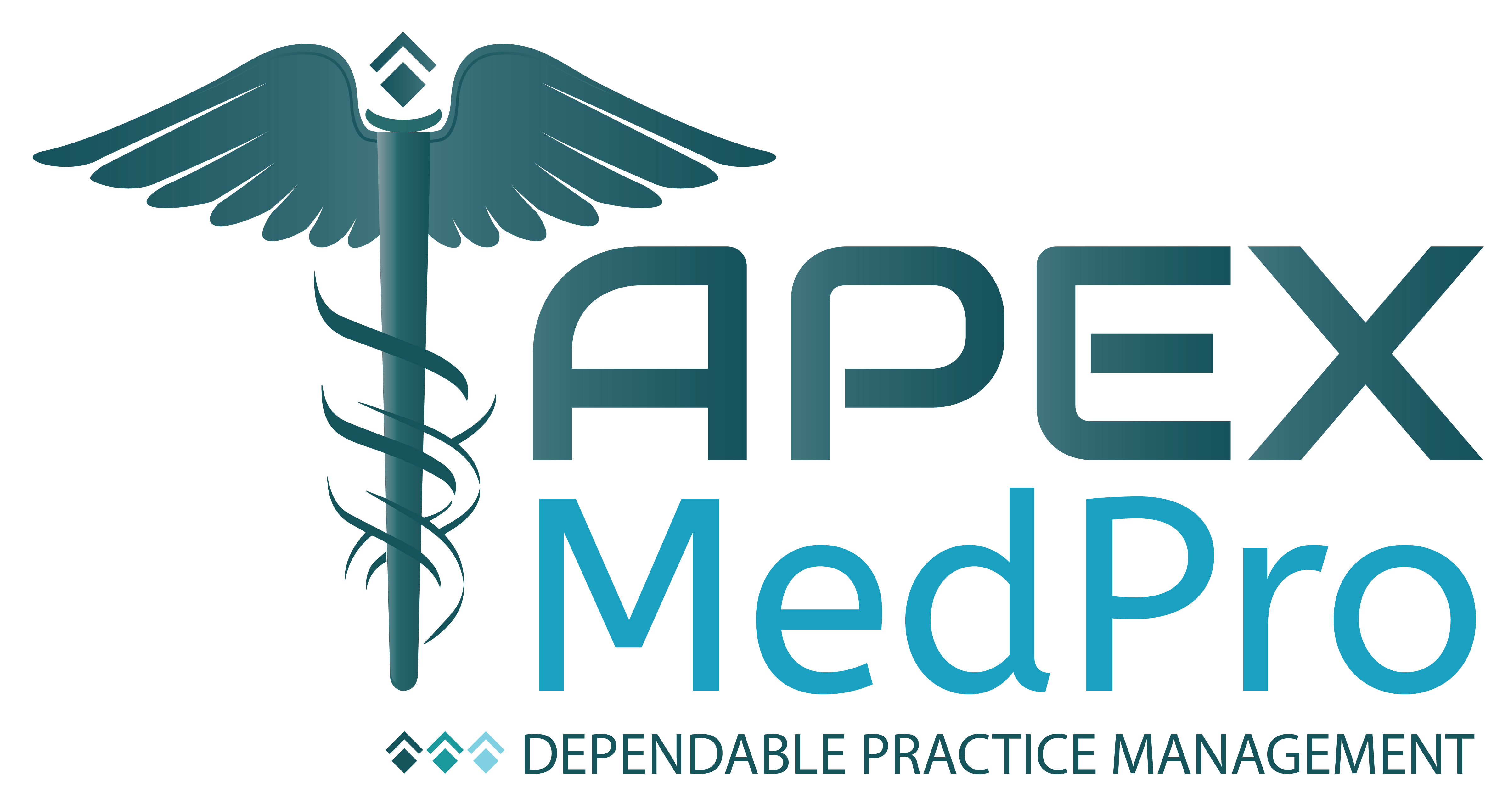Introduction:
Medical billing is a critical aspect of healthcare operations, involving the submission and processing of healthcare claims for reimbursement from insurance companies or government programs. However, with complex regulations and guidelines governing the healthcare industry, compliance becomes a crucial factor in medical billing. Compliance training plays a pivotal role in ensuring accurate and ethical practices, protecting both patients and healthcare providers.
This blog will delve into the significance of compliance training in medical billing, highlighting its benefits and the potential consequences of non-compliance.
Understanding Regulatory Framework:
Medical billing operates within a framework of laws, regulations, and guidelines, including the Health Insurance Portability and Accountability Act (HIPAA), the False Claims Act (FCA), the Stark Law, and the Anti-Kickback Statute. Compliance training provides healthcare professionals with in-depth knowledge of these regulations, ensuring they understand their responsibilities, rights, and obligations in medical billing. It helps them navigate the complexities of the regulatory environment and stay up to date with any changes.
Avoiding Legal and Financial Consequences:
Failure to comply with medical billing regulations can have severe legal and financial ramifications for healthcare organizations. Non-compliance can lead to costly fines, penalties, and even criminal charges. Compliance training empowers medical billing staff to accurately document and code procedures, bill appropriately, and handle sensitive patient information securely. By ensuring adherence to regulations, organizations can mitigate the risk of audits, investigations, and potential lawsuits.
Preventing Fraud and Abuse:
The healthcare industry is susceptible to fraud and abuse, which can occur through intentional manipulation of billing practices. Compliance training helps identify fraudulent billing practices and educates employees on proper documentation, coding, and billing procedures. By equipping staff with the knowledge and tools to detect and prevent fraudulent activities, compliance training plays a crucial role in safeguarding the integrity of the medical billing process.
Protecting Patient Privacy and Data Security:
Patient privacy and data security are paramount in the healthcare sector. Compliance training emphasizes the importance of adhering to HIPAA regulations, ensuring that patient information remains confidential and secure. Training sessions cover topics such as proper handling of electronic health records (EHRs), safeguarding patient data, and maintaining the confidentiality of sensitive information. By fostering a culture of privacy and data security, compliance training helps build trust between patients and healthcare providers.
Enhancing Revenue Cycle Management:
Efficient revenue cycle management is vital for healthcare organizations to maintain financial stability. Compliance training ensures that medical billing staff understand the intricacies of the revenue cycle, including accurate coding, timely claim submissions, and effective denial management. By promoting compliance in medical billing practices, organizations can optimize revenue generation, reduce claim rejections, and expedite reimbursement processes.
Promoting Ethical Practices:
Compliance training goes beyond legal and regulatory requirements; it also emphasizes ethical considerations in medical billing. It educates professionals about the ethical standards of the healthcare industry, such as avoiding conflicts of interest, maintaining transparency, and prioritizing patient welfare. By promoting ethical practices, compliance training fosters a culture of integrity and professionalism among healthcare providers.
Conclusion:
Compliance training in medical billing is of paramount importance in today’s healthcare landscape. It equips healthcare professionals with the knowledge and skills necessary to navigate complex regulations, prevent fraud and abuse, protect patient privacy, and ensure accurate billing practices. By investing in comprehensive compliance training programs, healthcare organizations can mitigate legal and financial risks, enhance revenue cycle management, and uphold ethical standards. Ultimately, compliance training plays a vital role in safeguarding the integrity of medical billing practices and maintaining the trust of patients and stakeholders in the healthcare industry.

